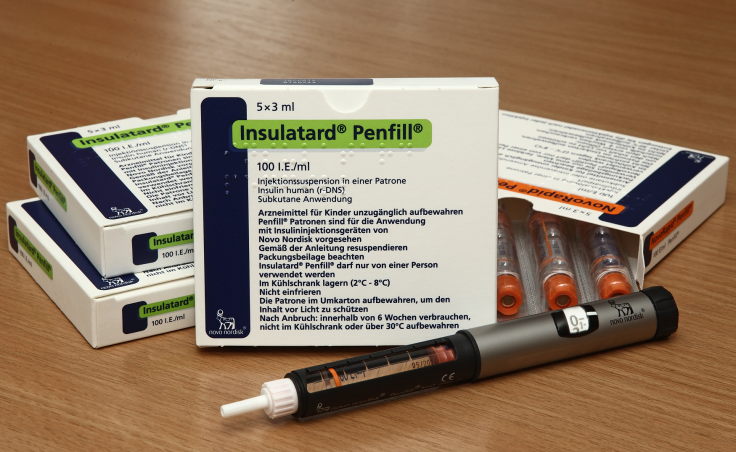NSW nurse jailed for 27 years for using lethal injection of insulin

Nurse Megan Haines was sentenced on Friday to a maximum of 36 years in jail with no parole for murdering two women through a lethal injection of insulin. The victims were patients at St. Andrews Village nursing home in Ballina. She is eligible for parole in 2041.
The victims were Marie Darragh, 82, and Isabella Spencer, 77, who died in their sleep after Haines injected the insulin.
On May 9, 2014, she clocked for her night shift and learnt that there were complaints against her. The two victims were among the three complainants and the third complaint was pending at that time. The next morning, the victims were found comatose in their bed. The nursing home staff initially thought that the victims suffered stroke. However, the test proved that the speculation was wrong as insulin was present in the victims' systems.
In the evidence presented to court, the jury heard a conversation between Haines and a man. The conversation happened in 2009 while the pair was watching a CSI-like TV show. Haines scoffed at the plot and gave her own remarks. She said that she knew how to kill someone without being caught. She said than an insulin injection can kill a person. According to her, it would appear to look like natural death as the body metabolised it leaving no traces of the crime.
The South African-born nurse claimed that she could not remember the conversation.As the sentence was handed down, she looked down the floor and up at Justice Peter Garling alternatively. She did not make eye contact to the family members of the victims.
Don Spencer, the brother of the victim, gasped audibly as the sentence was handed down. His wife put her arm around him while he gave a small fist pump. He said that he was over the moon and was very pleased with the jail terms Haines received.
Garling said that the actions made by the convicted nurse could not be tolerated and it amounted to conduct almost too awful to contemplate. The judge said that the nurse's action was a gross breach of trust and a flagrant abuse of her power which he considered to be a significant aggravating factor.






